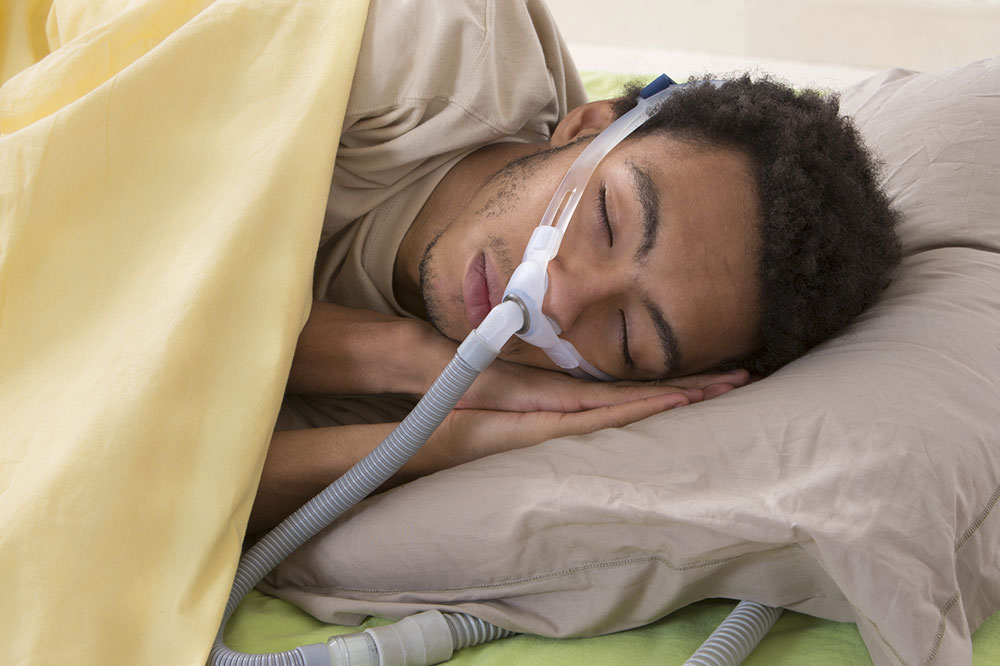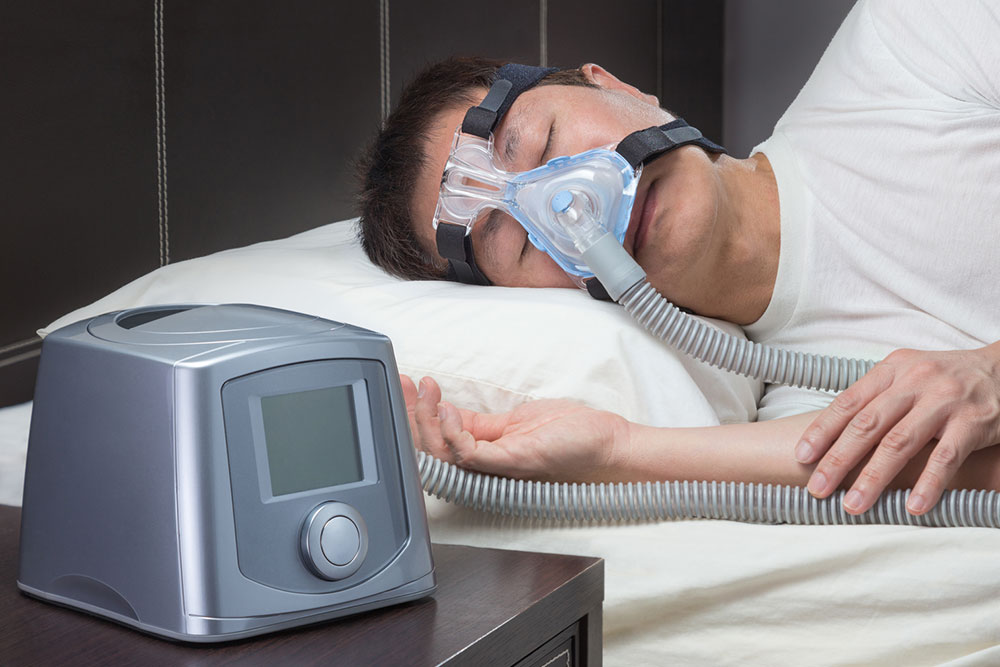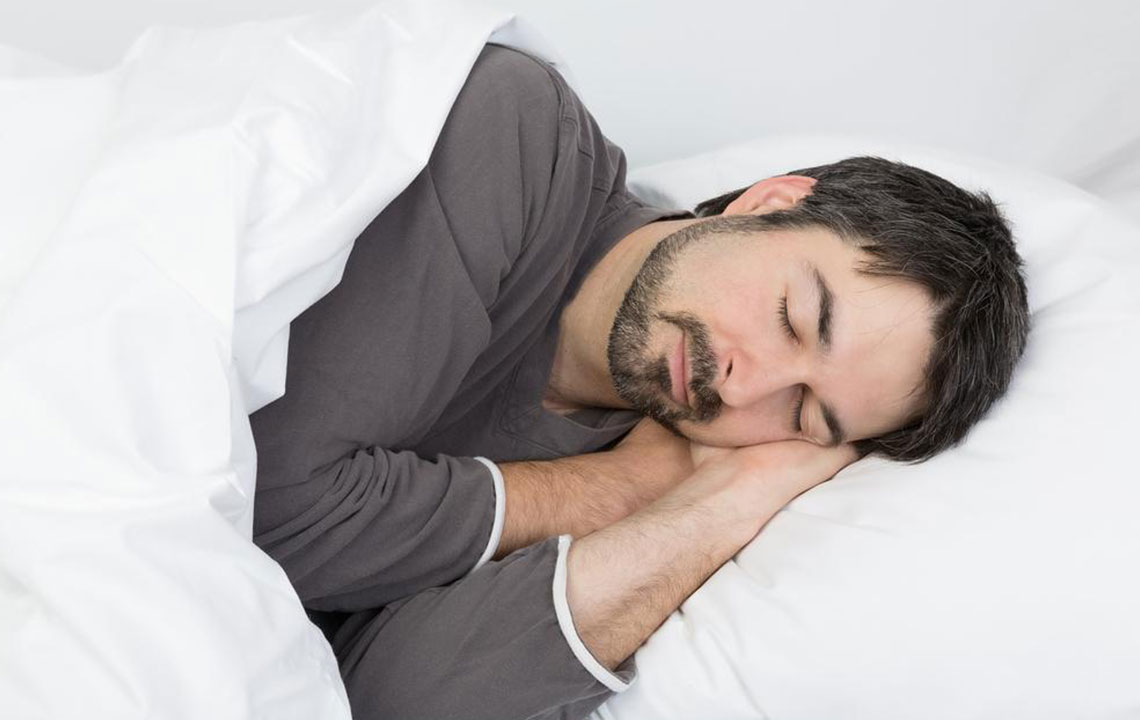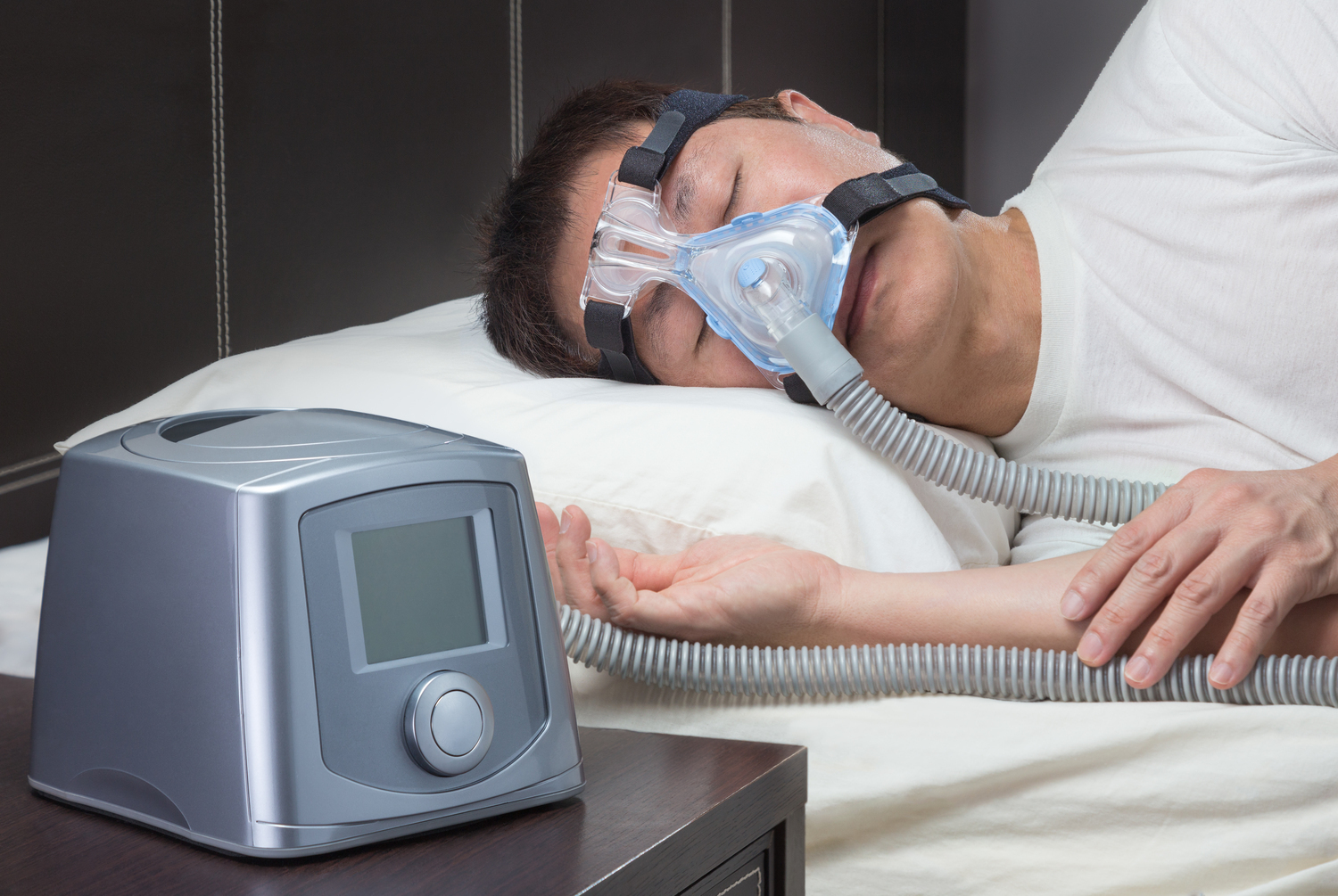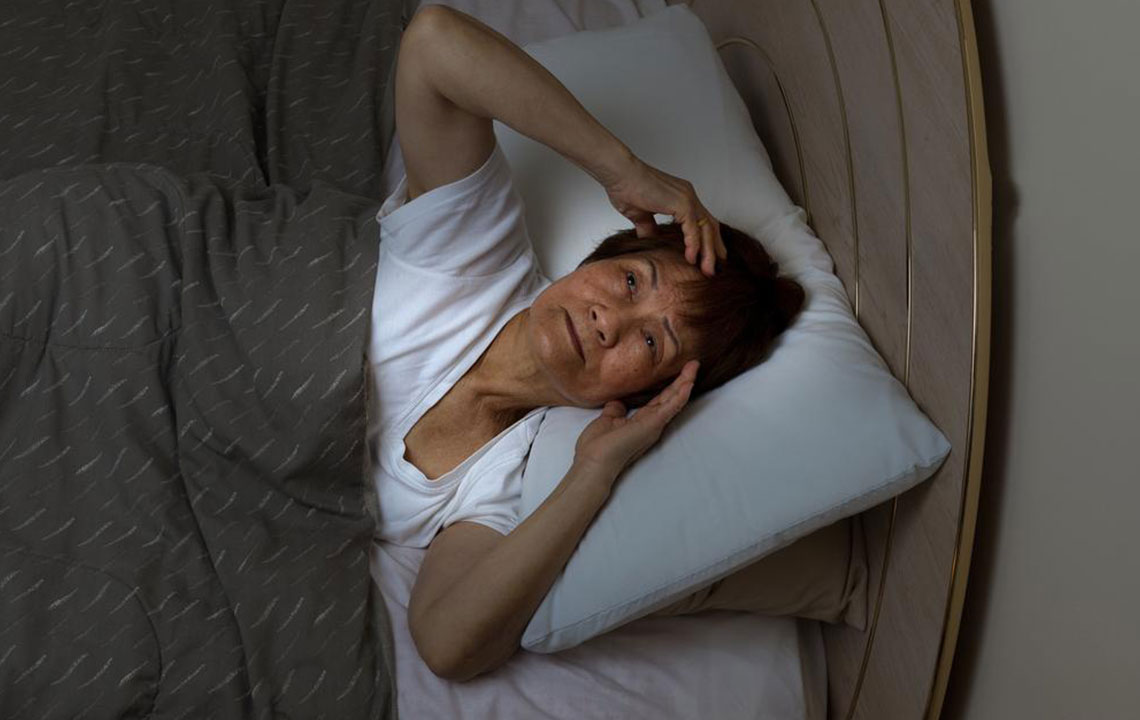Comprehensive Guide to Sleep Apnea: Types, Symptoms, Treatments, and the Role of Mouth Guards
Sleep apnea is a common but often overlooked disorder characterized by breathing interruptions during sleep, leading to fatigue and serious health risks. This comprehensive guide explores its types, symptoms, causes, and treatments, including the benefits of custom mouth guards. Whether mild or severe, understanding sleep apnea and exploring effective interventions like dental appliances can remarkably improve sleep quality and overall health, preventing complications such as heart disease and stroke. Early diagnosis and tailored treatment plans are essential for managing this pervasive condition effectively.
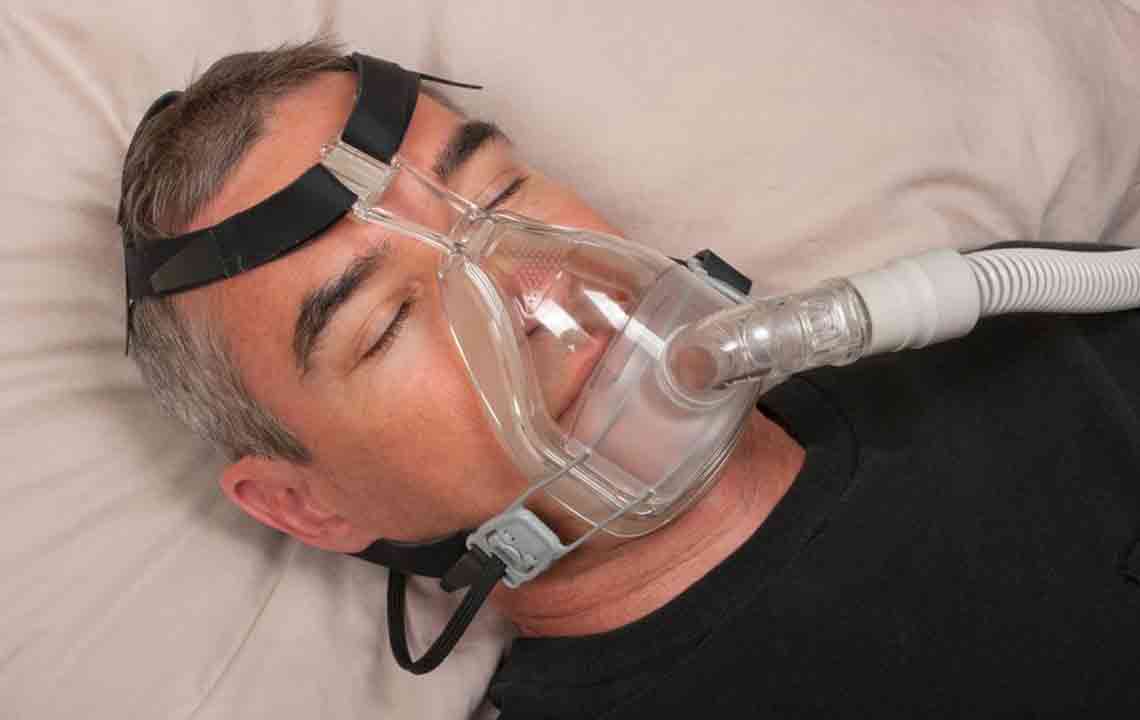
Sleep apnea is a widely prevalent sleep disorder that affects millions of people worldwide. It is characterized by repeated pauses in breathing during sleep, which can last from a few seconds to a minute or longer. These interruptions are often followed by a loud gasp or snort as the individual attempts to resume normal breathing. Not only does sleep apnea severely compromise sleep quality, but it also poses significant health risks if left untreated. The disorder can impact overall health, leading to serious conditions such as cardiovascular disease, stroke, and metabolic issues. Understanding the various types, symptoms, and effective treatment options, including the use of custom mouth guards, is crucial for managing and improving quality of life.
Sleep disorders are complex, and sleep apnea is among the most common and potentially dangerous. This condition affects both children and adults, with a higher prevalence among men, overweight individuals, and the elderly. Recognizing the symptoms early and seeking proper diagnosis is essential to prevent long-term health complications. Sleep apnea often goes undiagnosed because its symptoms can be mistaken for other issues like insomnia or fatigue. Medical intervention and lifestyle modifications, including the use of specialized oral appliances such as sleep apnea mouth guards, can significantly improve symptoms and overall health outcomes.
Understanding the Different Types of Sleep Apnea
Sleep apnea is classified into three main types, each with distinct characteristics and underlying causes. Knowing these differences is vital for appropriate treatment and management.
Obstructive Sleep Apnea (OSA)
Most common type
Caused by a physical blockage of the airway, usually due to the relaxation of throat muscles leading to airway collapse during sleep
Often associated with obesity, enlarged tonsils, or a small jawbone
Characterized by loud snoring, choking, or gasping sounds during sleep
Central Sleep Apnea (CSA)
Less common but more complex in terms of causes
Results from the brain's failure to send proper signals to the muscles that control breathing
Individuals may not snore as loudly as those with OSA
Often linked to neurological conditions or heart failure
Mixed (Complex) Sleep Apnea
A combination of both obstructive and central sleep apnea
Typically diagnosed when patients exhibit features of both types
Recognizing the Symptoms of Sleep Apnea
The symptoms of sleep apnea can vary, but some are quite characteristic and should prompt individuals to seek medical advice. Common signs include:
Persistent loud snoring, often interrupted by pauses or choking sounds
Excessive daytime sleepiness or fatigue despite a full night’s sleep
Difficulty concentrating or experiencing memory issues
Morning headaches and dry mouth
Sleep disturbances such as insomnia or restless leg syndrome
Mood disturbances, irritability, or depression
Nighttime sweating and waking up gasping or choking
In severe cases, these interruptions can lead to a significant reduction in oxygen levels in the blood, which over time increases the risk of cardiovascular problems such as hypertension, heart attacks, and strokes. Recognizing these symptoms early can make a crucial difference in treatment outcomes.
Major Causes and Risk Factors of Sleep Apnea
The occurrence of sleep apnea is influenced by various anatomical and lifestyle factors. Some of the primary causes include:
Excess weight and obesity: Fat deposits around the neck can obstruct the airway
Enlarged tonsils or tongue: Can physically block the airway during sleep
Nasal congestion or sinus issues: Makes breathing difficult, contributing to apnea episodes
Allergies: Cause swelling and narrowing of the airway
Large neck circumference or small jawbone: Structural features that predispose to airway collapse
Gastroesophageal reflux: Acid reflux can irritate the airway, increasing obstruction risk
Additional risk factors include age, family history, smoking, alcohol consumption, and the use of sedative medications, all of which can worsen the likelihood or severity of sleep apnea.
Effective Management and Treatment Strategies
Managing sleep apnea often involves a combination of lifestyle changes, medical devices, and in severe cases, surgical interventions. Tailoring treatment to the individual’s severity and underlying causes is essential for effective symptom control and prevention of health complications.
Lifestyle and Home Remedies
Adopting a healthy weight through diet and exercise can dramatically reduce airway obstruction
Adjusting sleep positions, such as sleeping on the side instead of on the back, helps keep the airway open
Avoiding alcohol, sedatives, and heavy meals before bedtime reduces muscle relaxation that can block airflow
Quitting smoking reduces airway inflammation and swelling
Medical Interventions
Continuous Positive Airway Pressure (CPAP): The most common and effective method involves wearing a mask connected to a machine that delivers a steady stream of pressurized air to keep the airway open during sleep. However, some patients find CPAP uncomfortable or intrusive, leading to compliance issues.
Oral appliances like sleep apnea mouth guards: Custom-designed dental devices that reposition the lower jaw forward, preventing airway collapse and reducing snoring. These are particularly useful for mild to moderate cases and are more comfortable for many patients.
Surgical options: Procedures such as uvulopalatopharyngoplasty (UPPP), genioglossus advancement, or maxillomandibular advancement can enlarge the airway, especially in cases where anatomical abnormalities are contributing factors.
The Role of Sleep Apnea Mouth Guards
One of the more appealing alternatives to CPAP therapy is the use of professionally fitted sleep apnea mouth guards, also known as mandibular advancement devices. These oral appliances are custom-made by dental professionals to fit the patient’s mouth comfortably. They work by gently repositioning the lower jaw forward, which in turn enlarges the airway space and reduces the likelihood of airway collapse during sleep.
Mouth guards designed for sleep apnea are safe, adjustable, and effective in alleviating symptoms like snoring and daytime fatigue. They are beneficial in reducing mouth and jaw pain caused by teeth grinding (bruxism) and can improve dental health by preventing teeth wear and damage. Compared to nasal devices, such as nasal strips or pillows, mouth guards often provide a more stable and consistent airway opening, leading to more restful sleep and waking up feeling refreshed and energized.
In addition to improving sleep quality, using a mouth guard can decrease the risk of cardiovascular complications associated with untreated sleep apnea. They are suitable for a range of patients, especially those who find CPAP masks uncomfortable or intolerable. Proper fitting and regular follow-up with a dental professional ensure optimal use and maintenance of these devices.
Conclusion: Taking Control of Sleep Apnea
Sleep apnea is a serious yet manageable condition that can significantly impact overall health if ignored. Recognizing symptoms early, understanding the various types, and adopting appropriate treatment strategies are vital steps toward better sleep and improved wellbeing. Whether through lifestyle modifications, medical appliances like mouth guards, or surgical procedures, effective treatment options are available for most individuals. Consulting with healthcare professionals specialized in sleep medicine or dentistry can help determine the most suitable approach, ensuring a peaceful, restorative sleep for a healthier life.
